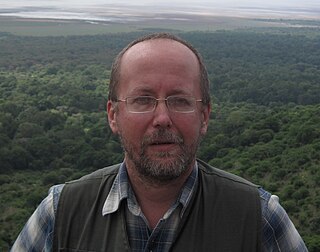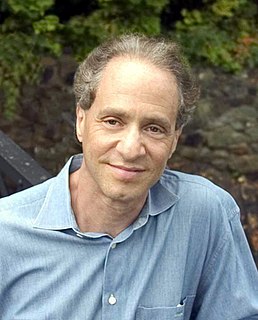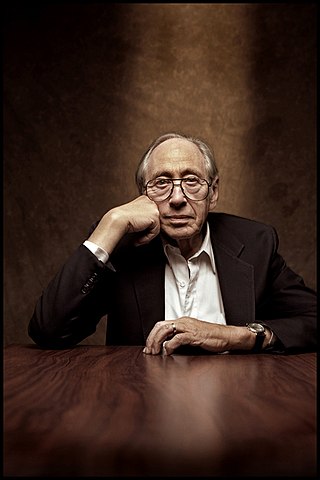 W
WJosé Luis Cordeiro Mateo is an engineer, economist, futurist, and transhumanist, who has worked on different areas including economic development, international relations, Latin America, the European Union, monetary policy, comparison of constitutions, energy trends, cryonics, and longevity. Books he has authored include The Great Taboo, Constitutions Around the World: A Comparative View from Latin America, and El Desafio Latinoamericano and La Muerte de la Muerte.
 W
WPeter H. Diamandis is a Greek American engineer, physician, and entrepreneur best known for being founder and chairman of the X Prize Foundation, cofounder and executive chairman of Singularity University and coauthor of The New York Times bestsellers Abundance: The Future Is Better Than You Think and BOLD: How to Go Big, Create Wealth, and Impact the World. He is former CEO and cofounder of the Zero Gravity Corporation, cofounder and vice chairman of Space Adventures Ltd., founder and chairman of the Rocket Racing League, cofounder of the International Space University, cofounder of Planetary Resources, cofounder of Celularity, founder of Students for the Exploration and Development of Space, vice chairman and cofounder of Human Longevity, Inc.
 W
WAlexei Lvovich Eryomin is a Russian doctor, scientist, and hygienist, whose scientific research has contributed to the modern understanding of noogenesis. He defined the concept of information ecology and information hygiene.
 W
WHeinz von Foerster was an Austrian American scientist combining physics and philosophy, and widely attributed as the originator of Second-order cybernetics. He was twice a Guggenheim fellow and also was a fellow of the American Association for the Advancement of Science, 1980. He is well known for his 1960 Doomsday equation formula published in Science predicting future population growth.
 W
WHugo de Garis is a retired researcher in the sub-field of artificial intelligence (AI) known as evolvable hardware. He became known in the 1990s for his research on the use of genetic algorithms to evolve artificial neural networks using three-dimensional cellular automata inside field programmable gate arrays. He claimed that this approach would enable the creation of what he terms "artificial brains" which would quickly surpass human levels of intelligence.
 W
WBen Goertzel is an artificial intelligence researcher.
 W
WIrving John Good was a British mathematician who worked as a cryptologist at Bletchley Park with Alan Turing. After the Second World War, Good continued to work with Turing on the design of computers and Bayesian statistics at the University of Manchester. Good moved to the United States where he was professor at Virginia Tech.
 W
WAndrey Vitalievich Korotayev is a Russian anthropologist, economic historian, comparative political scientist, demographer and sociologist, with major contributions to world-systems theory, cross-cultural studies, Near Eastern history, Big History, and mathematical modelling of social and economic macrodynamics.
 W
WRaymond Kurzweil is an American inventor and futurist. He is involved in fields such as optical character recognition (OCR), text-to-speech synthesis, speech recognition technology, and electronic keyboard instruments. He has written books on health, artificial intelligence (AI), transhumanism, the technological singularity, and futurism. Kurzweil is a public advocate for the futurist and transhumanist movements and gives public talks to share his optimistic outlook on life extension technologies and the future of nanotechnology, robotics, and biotechnology.
 W
WPierre Teilhard de Chardin was a French Jesuit priest, scientist, paleontologist, theologian, philosopher and teacher. He was Darwinian in outlook and the author of several influential theological and philosophical books.
 W
WAlvin Toffler was an American writer, futurist, and businessman known for his works discussing modern technologies, including the digital revolution and the communication revolution, with emphasis on their effects on cultures worldwide. He is regarded as one of the world's outstanding futurists.
 W
WVernor Steffen Vinge is an American science fiction author and retired professor. He taught mathematics and computer science at San Diego State University. He is the first wide-scale popularizer of the technological singularity concept and perhaps the first to present a fictional "cyberspace". He has won the Hugo Award for his novels and novellas A Fire Upon the Deep (1992), A Deepness in the Sky (1999), Rainbows End (2006), Fast Times at Fairmont High (2002), and The Cookie Monster (2004).
 W
WEliezer Shlomo Yudkowsky is an American artificial intelligence (AI) researcher and writer best known for popularizing the idea of friendly artificial intelligence. He is a co-founder and research fellow at the Machine Intelligence Research Institute (MIRI), a private research nonprofit based in Berkeley, California. His work on the prospect of a runaway intelligence explosion was an influence on Nick Bostrom's Superintelligence: Paths, Dangers, Strategies. An autodidact, Yudkowsky did not attend high school or college.